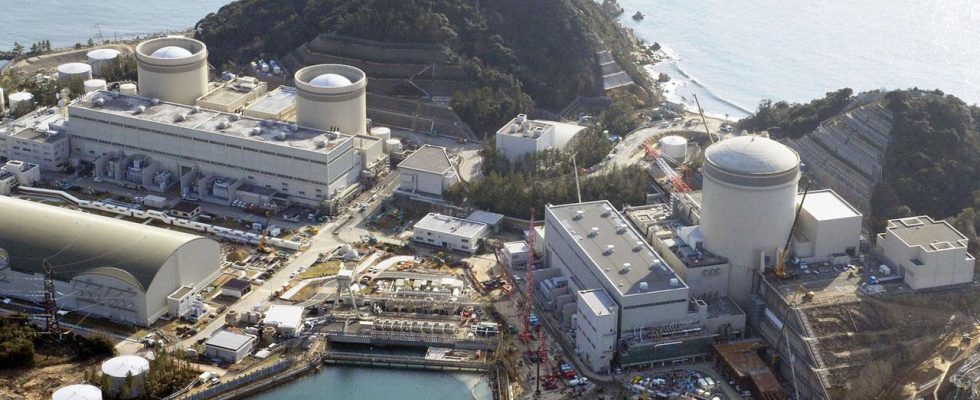In order to reduce dependence on oil and gas and to achieve climate protection goals, nuclear power plants in Japan will be able to run indefinitely in the future. Parliament passed a corresponding law – despite the danger of earthquakes.
After the Fukushima nuclear disaster, the government in Japan shut down the nuclear reactors in the country. Now they are to be connected to the network again, and their running time is to be extended. Parliament has enacted a law that no longer limits service life to 60 years – but potentially allows unlimited service lives.
CO2 emissions should be reduced
On the one hand, the resource-poor country, like Germany, wants to reduce its dependence on oil and gas imports. On the other hand, Japan wants to achieve its climate protection goals: CO2 emissions are to be reduced to zero by 2050. The use of renewable energies is to be expanded for this purpose.
At the same time, nuclear power is seen as essential – notwithstanding the threat of earthquakes and the 2011 Fukushima nuclear disaster. Of Japan’s 33 operational reactors, only 10 have been reconnected to the grid. Operators have applied for restart permits for other reactors, but this is taking a long time. There is also strong local resistance to restarting nuclear reactors that have been shut down.
New reactors are to replace old ones
By 2030, the government wants about 20 to 22 percent of electricity generation to come from nuclear power and 36 to 38 percent from renewable sources. To achieve that goal, nearly 30 reactors would have to be restarted, but that’s unrealistic given the lengthy permitting process and local opposition, the Nikkei Asia newspaper said.
Under the new law, the nuclear regulatory agency will review the condition of reactors after 30 years of operation at least every ten years to ensure the safety of the old facilities. The government’s plans also envisage the construction of new, next-generation nuclear reactors, which are intended to replace the old reactors in the long term.
Fukushima cooling water to be discharged into the sea
Meanwhile, in Japan, a team from the International Atomic Energy Agency is conducting one final check before the country begins dumping large volumes of treated radioactive water from the stricken Fukushima Daiichi nuclear power plant into the sea, a plan opposed by local fishermen and neighboring countries.
The reactors destroyed in the 2011 meltdown still have to be cooled with water that has so far been filtered and stored in hundreds of huge tanks. Because of the overload, the contaminated water is to be filtered and then diluted into the Pacific Ocean. The disposal of the water is currently being prepared.

